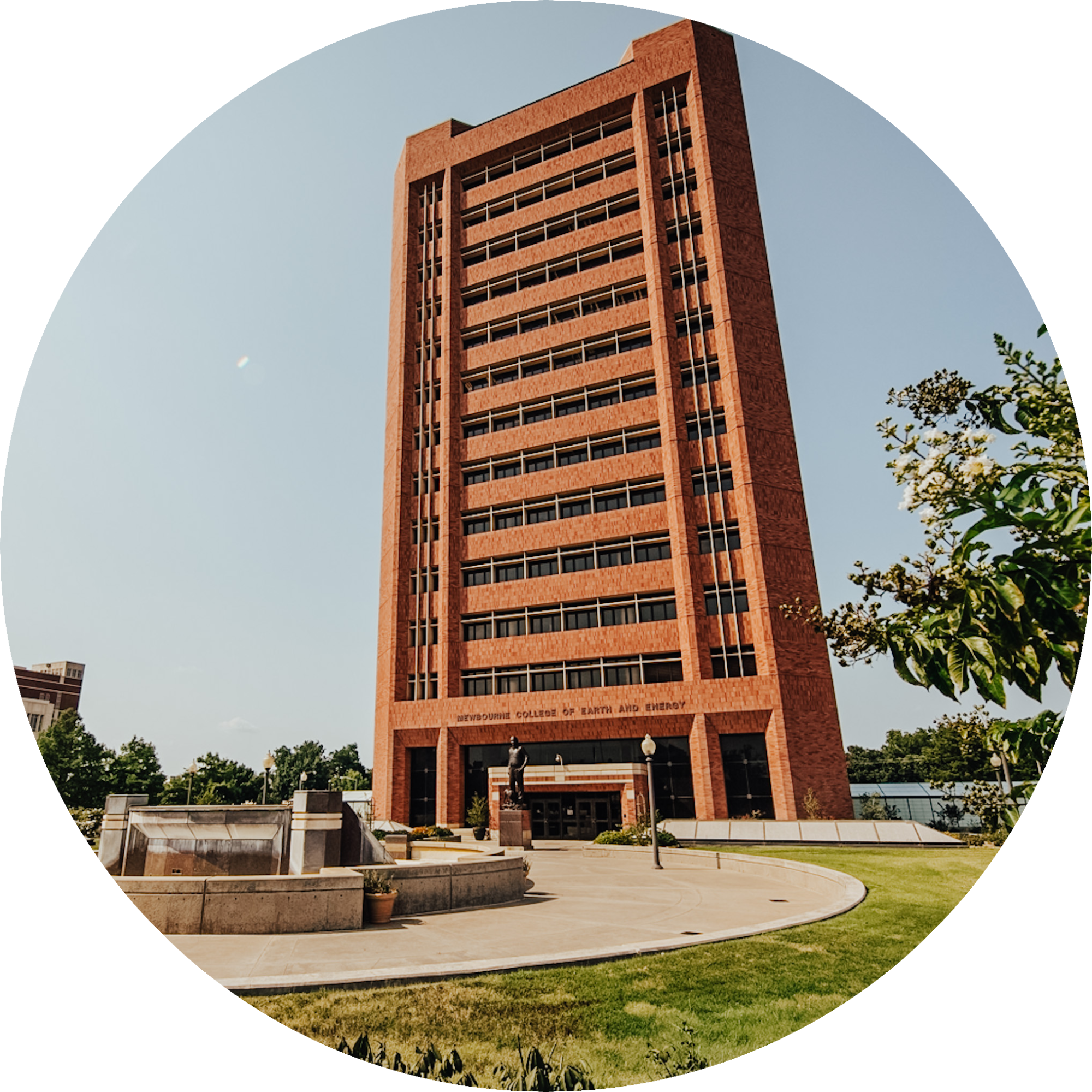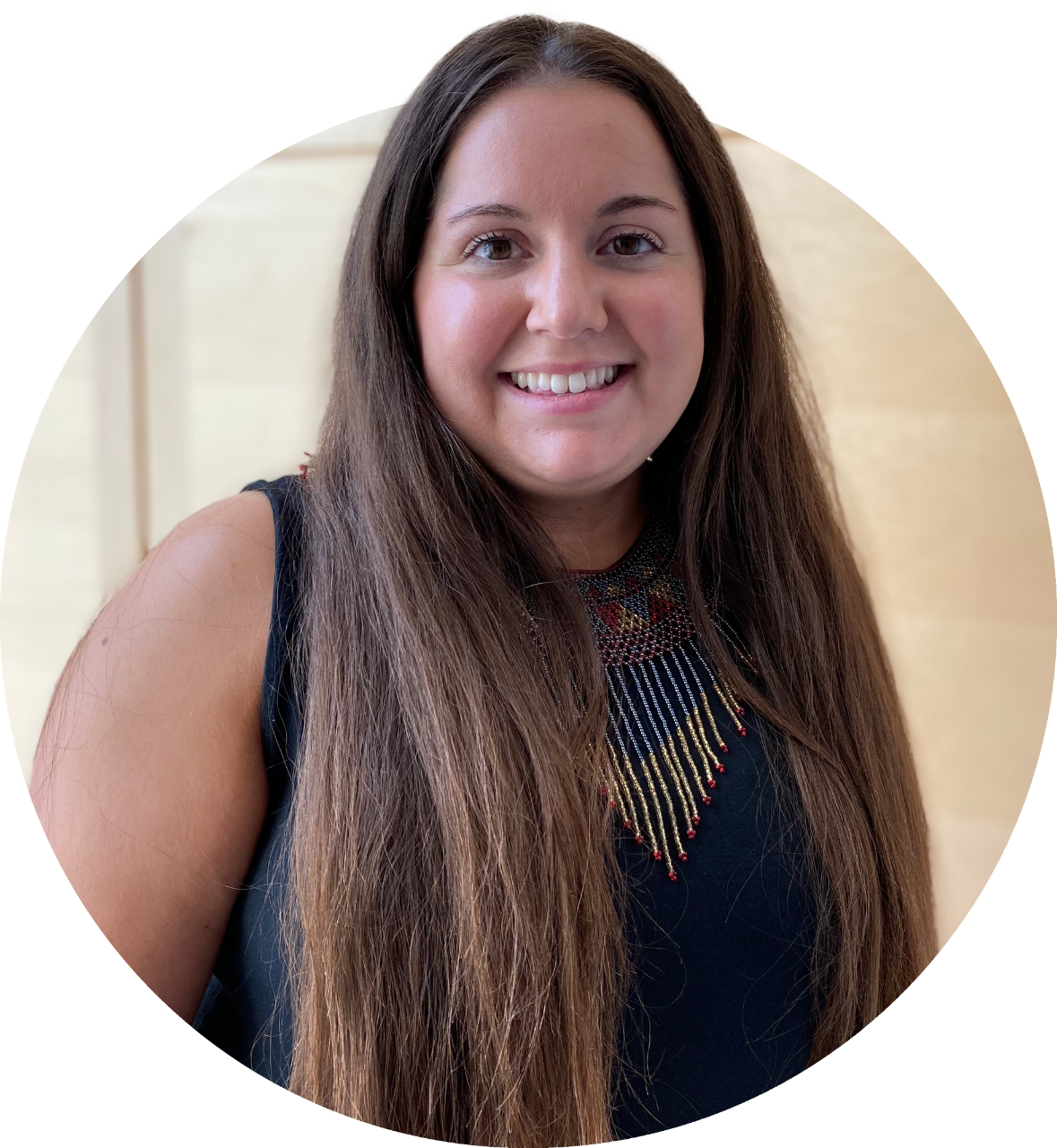SEPTEMBER 8, 2023 | BY VICTORIA STEPHENS
Q: Tell us a little bit about how you got your start in the industry and how you got where you are today with Austin Elements.
A: I got my degree and I worked in the oil and gas industry for about three years and then I thought, what should I do when the oil price goes down? Then firstly, I started working on green technology in the oil and gas industry. At that time, I thought maybe the oil and gas industry needed some green technology to green the production process. I set up that company in 2007. We took about four years to commercialize the technology, and then finally in 2021 that was acquired by a popular company in Houston.
I had been thinking about what I should do after the acquisition. Then I saw the oil bust goes down to the freezing point. Then the Tesla stock goes to the sky. And then a lot of people are talking about renewable energy. Renewable energy was booming, even when the economy was not good.
Then I am thinking, what is taking place in the industry? Then, I look into the processes and think, okay because of the carbon emission and global warming… We need oil and gas, but the next decades will be the energy transition. Energy transition means in a transition period between both renewable energy, and oil and gas, which are going to support the energy demand and the industry.
And then I think okay with my background you know, I have the oil and gas industry education and the industry background. Can I solve some problems in this industry? Then I found, you know, there are a lot of electric vehicles in Europe and in the U.S. Then the Inflation Reduction Act had come out for strengthening the renewable energy for the supply chain, for the critical metals. For any EV, if you want a good Inflation Reduction Act tax deduction, the material must be manufactured in the U.S. 70%, but we don’t have mining.
So, then we need to think about the work we need to do to make an alternative source. And then I think, maybe with recycling we can do something. And then finally, with my petrochemical background, like hydrofracturing, acidizing, chemistry, this kind of interdisciplinary degree, education, industry background…I can apply that background and that knowledge to help solve the problem in battery recycling in critical metals extraction. That motivated me to set up a company.
The strategy we are doing, and our mission is strengthening the supply chain of critical metals. There’s some lithium in the Marcellus and there’s come lithium from the oil field in Texas. Then I said, okay, maybe we can think about how we diversify the source of the lithium. And then, we made it.
And then the other thing, the cell phone you are using, the glass, it has lithium in it. So we diversity the source by taking the lithium from the ceramic glass. We are the only company in the world doing this.
Q: Are there any professors from Mewbourne College that significantly influenced your life?
A: Dr. Shah. He always said, you know Jacob, you know when you work on any research, number one, go ahead and look at whether any other people do this. If they have any other people that already did it, get it. Don’t repeat it all. So we must, because our time and our energy is limited, you should spend enough time on the investigation. And he said, if you want to graduate, with my signature, you should do something new, something revolutionary. Impact the industry.
Q: What would your recommendations be to students today for them to have future success?
A: The student needs to set as high a standard as possible on their study and also on their career. But obviously you know they need to spend all their spare time on the research, and on their studies. Whenever I was a student, I tried my best to focus on that, and I tried my best to get the highest GPA.
Then, secondly is thinking about how my work is going to impact the small society, the community. Then finally, come to the solution, to the approach. Obviously don’t try to only take the production engineering, chemical engineering, that is something that is already established. If they need some innovation, they need to go think broader. Broadly. Take some classes from the chemistry department, from physics department, from electrical engineering department, from computer department. I am not proud of how complicated of a mathematical model it is, I am proud of how I think through the question, the physical problem, and come up with a practical solution. Not only to be used by me, but to become a kind of SOP standard for procedure being used by many people. So that might be my suggestion.

The Mewbourne College of Earth and Energy improves people’s lives through research, education and service by studying Earth’s past and present, developing new energy tools and resources, and creating geoscientists and engineers who work across disciplines to address some of society’s most critical challenges.

Victoria Stephens is the marketing manager at the Mewbourne College of Earth and Energy. For media inquiries, you can email Victoria or call her at 405-325-8981.